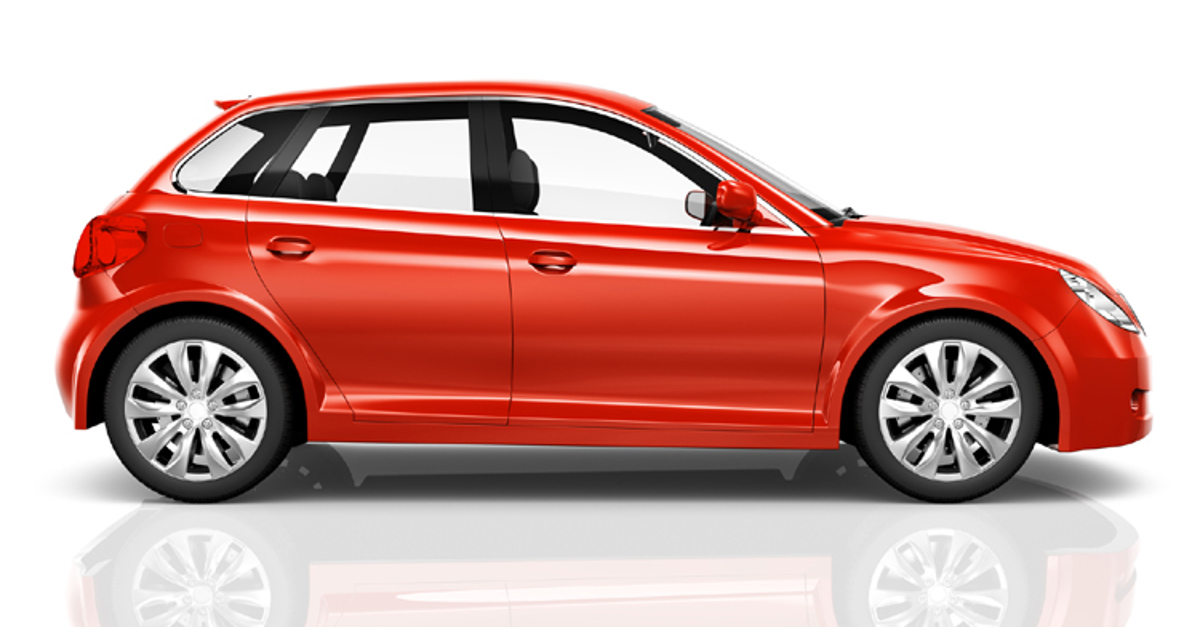It typically happens in lower-RPM, higher-load situations.
For example, you’re in 6th gear at 55-60 mph, stuck behind a slow left lane driver, and you pull out to pass without downshifting, opening the throttle to about 75% or more.
With RPM only in the range of 2000-3000, when the boost comes on, cylinder pressures spike, causing a knock.
A knock, which I believe was LSPI, happened under these exact circumstances in my 2016 WRX, when I owned that car.
Over the 3 years that I owned the car, that’s the only time I remember it happening.
You’ll recognize it when it happens - youll hear a ping or knock from the engine, accompanied by a momentary loss of power.
In my case, it was minor, as I recognized the knock and immediately backed off the gas. And, from that point on, I was careful to downshift 1 or 2 gears before acceleration. But, severe cases can actually cause engine damage. In a more severe case, I would think you’d get a check engine light indicating a knock.
Best practices to avoid LSPI are to always use a good quality top-tier premium fuel, and avoid getting into the boost in high-load, low-RPM situations, which spike cylinder pressures and create the conditions under which LSPI can occur.
These are really best practices in any engine. It’s always easier on the engine to downshift and let it turn some RPM to accelerate, rather than lugging it.
When I had my 2016, I used Pennzoil Platinum 10W-30, a thinner 30W that has an excellent Noack rating, and, with lower amounts of viscosity-modifying polymer, held up pretty well against the shear in the boxer engine. However, as
@OVERKILL pointed out, most viscosity loss in these engines is as a result of fuel contamination due to the DI system.
I think if I ever got another one, I’d use M1 ESP 5W-30 or Motul 8100 X-Clean+ 5W-30. They’re a little more money, and typically aren’t available on the shelf at Walmart, but have low SAPS and very good Noack ratings (volatility). And, they have HTHS ratings of around 3.5, for good protection during those times that you’re doing your “Italian tune-ups”



